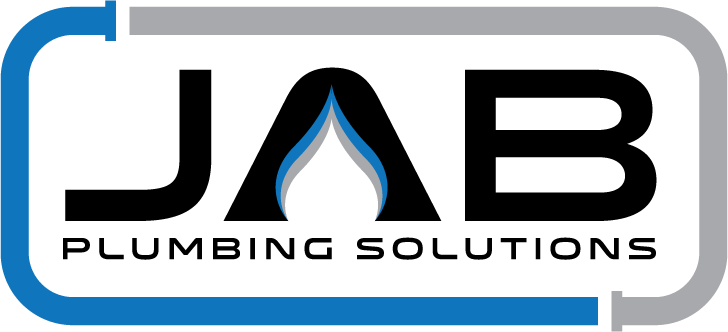If you’ve been to the supermarket, watched the or scrolled through your social media lately, you’ll know about the toilet paper panic happening in Australia due to the Coronavirus. Finding supermarket shelves empty has resulted in some people turning to other alternatives such as kitchen paper towel, tissues, paper napkins and wet-wipes. They may not seem that different to toilet paper, however, flushing these products down the toilet can cause big problems for your plumbing pipes. In many cases, causing blocked toilets and blocked sewer drains.
Can you flush paper towels down the toilet?
Paper towels came onto the market as a substitute for reusable cloth towels. In additional to being more hygienic, it’s also designed to be highly absorbent and strong so that it doesn’t tear when wet. Paper towel can be used to wipe up liquids and spills, clean up mess or wash windows without it disintegrating in the process. In other words, paper towel doesn’t break down easily in water like toilet paper does. It’s also much thicker than toilet paper. Paper towel causes clogged drains and toilets when it gets snagged in the pipes, or sits at the bottom of pipes. Every time you flush more paper towel it accumulates, increasing the likelihood of a blocked drain.
Can you flush baby wipes and wet-wipes down the toilet?
Wet-wipes were causing major issue for plumbing systems and sewers well before coronavirus toilet-paper-panic was a thing. They have cost homeowners and councils millions of dollars in blocked drain and sewer repairs. Similarly to paper towel, wet-wipes don’t disintegrate in water. When they combine with oil or other debris in the pipes they form large clumps, coined “fatbergs”, that cause blocked drains. In 2019, a fatberg that weighed 90 tonnes and was longer than an aeroplane was found in the public sewers of Liverpool, England.
Even the flushable variety of wet-wipes don’t disintegrate properly in water. An article by the BBC reported that none of the flushable wet-wipes tested passed the water industry's disintegration tests. In fact, producers of flushable wet-wipes have faced legal action about these misleading “flushable” claims. Plumbing companies are pulling tons and tons of wet-wipes out of blocked toilets and sewers every year and it’s costing homeowners thousands of dollars in blocked drain repairs.
Flushed wet-wipes litter the banks of the River Thames during low-tide. Image source: BBC News
Wet-wipes and baby wipes are also a huge problem for the environment. Those that get through the plumbing pipes and don’t get filtered out at the wastewater facilities end up in our waterways - littering out beaches and killing wildlife.
Can you flush paper napkins down the toilet?
Like paper towels, napkins are made to be durable. While they’re not as hardy as paper towels, their smooth and often embossed surface makes them less water soluble than toilet paper. When flushed, paper napkins may get stuck in the S-trap of the toilet, making the toilet flush sluggishly or perhaps not flush at all.
Can you flush tissues down the toilet?
Facial tissues are probably the lesser of evils when it comes to toilet paper substitutes. They are nowhere near as absorbent as the three products mentioned above. However, they still don’t dissolve in water as easily as toilet paper does. To prevent clogged drains and blocked toilets, place tissues in the bin rather than flushing them.
What can you flush down the toilet?
Toilet paper is specifically designed to break down quickly in water. Unless a product disintegrates at the same rate it should not be flushed down the toilet. A good rule to go by is never to flush anything but the three Ps - toilet paper, poo and pee. Place everything else in the bin.
You can perform your own test by filling two buckets with water. Place some toilet paper in one and place either tissues, paper towel or wet-wipes (or whatever else you want to test) inside the buckets. Give both an occasional stir and wait for an hour. When you return to check the buckets, the toilet paper should be almost completely broken down. The other items will remain largely in tact, be it in varying levels.
What do to if you’ve been flushing paper towel, napkins, tissues or wet-wipes down the toilet
If you’ve been flushing the aforementioned items down the toilet and have noticed that the toilet is slow to drain, fills with water or won’t flush at all, it’s likely that there is a clog in the sewer line. JAB Plumbing Solutions are here to help when you’ve accidentally clogged up the toilet. We unblock toilets throughout Sydney on a daily basis. We are considered the local blocked drain experts and we carry all the necessary tools - including plungers, augers and jet blasting machines - to repair a clogged sewer drain or toilet quickly. For more information call our friendly Sydney plumbers today on 1800 225 552.
RELATED ARTICLES:








